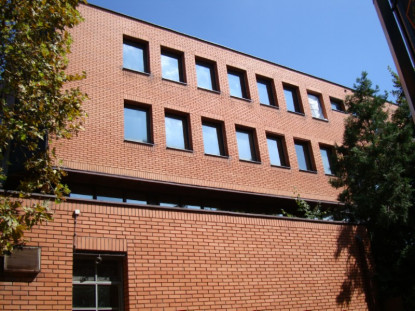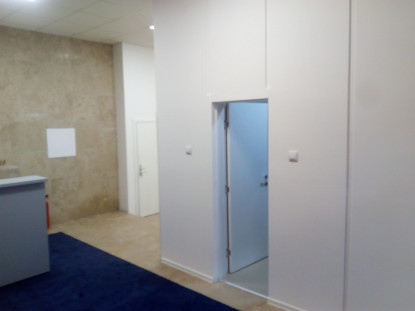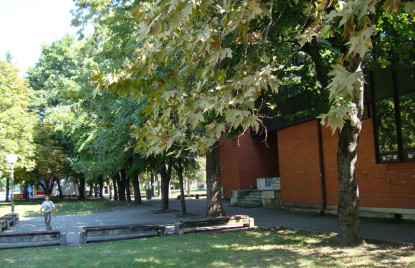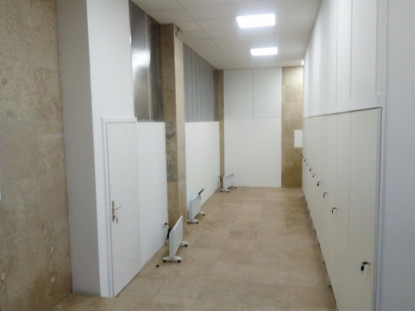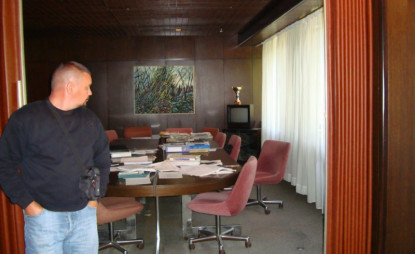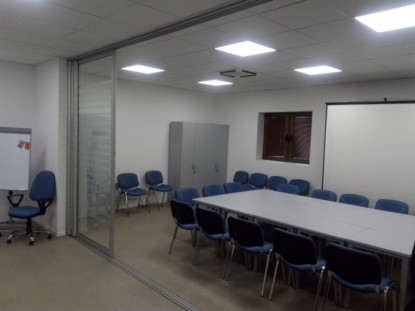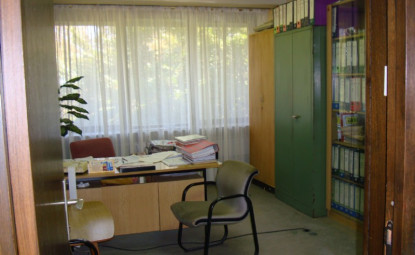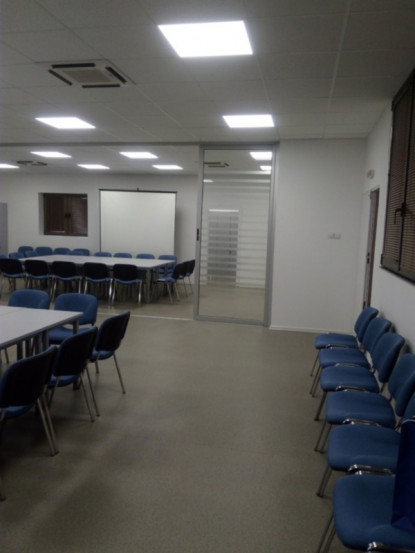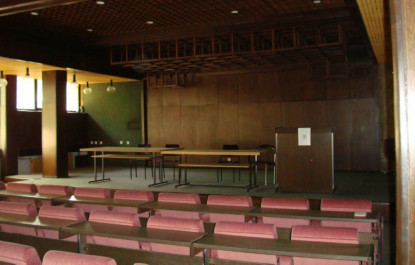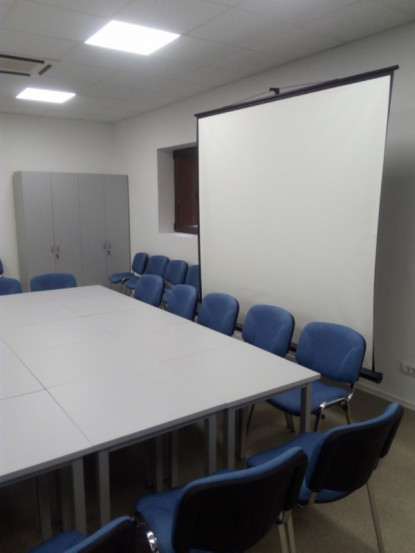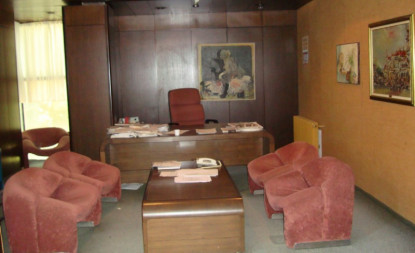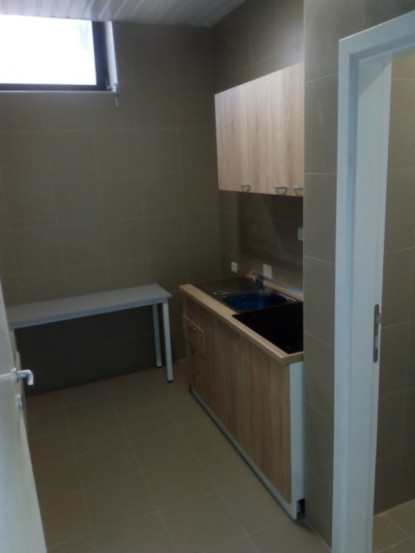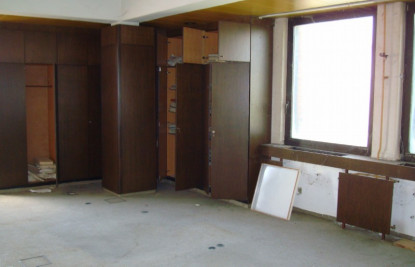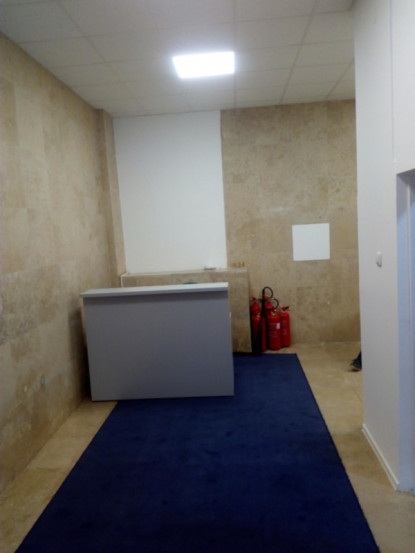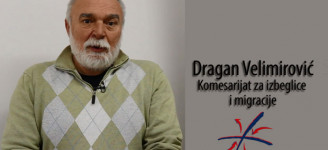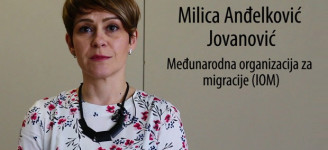Plandište will be the regional training center
The idea about the establishment of a Training Center is more than one decade old and has crystalized during regular annual visits of representatives of the Commissariat for Refugees and Migration to International Institute of Humanitarian Law in Sanremo. This is a very prestigious event in early September every year, gathering together university lecturers, lecturers working in agencies, governmental and non-governmental sector, international organizations, and judiciary, professors from Geneva and New York but also representatives from the region.
Upon return from one of such gatherings, conclusion has been reached that it is of crucial importance for Serbia to provide an opportunity to as many professionals as possible to take part in lectures and discussions of leading experts in order to advance the quality of integration and service delivery, especially for vulnerable groups the Commissariat is working with. This has led to an idea that, rather than sending one or two representatives to Italy every year, it is cheaper and more purposeful to "bring Sanremo“ to Serbia. Significant support would be provided in this way to professionals in Serbia, making training programs also accessible to colleagues in the region. The exchange of experiences, bolstering of cooperation, creation of interventions on the basis of data under the guidance of some of the leading world and regional experts is the right way to improve the practice of migration management in countries in the region and beyond.
The peak of the migration crisis has shown that such a teaching program as the one that will be taking place in the Training Center in Plandište in the refurbished management building of the disused state-owned company „Agrobanat“ is a great necessity in the region of South East Europe. Moreover, it has been shown that Serbia is the right place to establish such a Training Center, given that as a country it is acceptable to various groups of professionals in the field of migration and asylum, both to those from Turkey and to those from Western Europe. Furthermore, developments suggest that there is a constant need for development of methodologies and organization of permanent training that will provide education on issues ranging from the most elementary ones to complex issues involving drafting laws, regulations and strategies, as well as on correct acting in extraordinary situations caused by human agency.
The development of the Training Center may accelerate inclusion in international humanitarian activities for which Serbia currently lack funds. It may also enable Serbia to acquire recognition in an international framework for the practice and experience it had developed in the past 30 years in the work with refugees, displaced persons and migrants, which may be useful to other crisis areas. This might even represent a serious harbinger of something that might be called „Serbian Refugee Council. “
The Training Centre may at the same time serve as a venue in which all international agencies, and primarily UN agencies, would hold their trainings, as well as a venue for organizing courses in cooperation with faculties or a venue for training students in senior years of studies. This would contribute to the development of a quality service for the most vulnerable groups of citizens of Serbia and those who currently reside in Serbia and at the same time contribute to economic revitalization of a small municipality such as Plandište.





